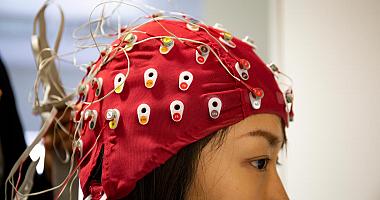Course information
Department
Length
1 year full-time or 2 years part-time
Course overview
This exciting MSc aims to equip you with a rigorous grounding in the theory and practice of behavioural neuroscience for progressing to further postgraduate studies, such as Doctorate in Clinical Psychology programmes or PhD programmes.
The programme provides a thorough coverage of the historical, philosophical and scientific bases of modern neuroscience. The emphasis is on scientific knowledge relating to the specialisms of clinical and cognitive neuropsychology with theoretical and some practical coverage.
During the course of the MSc, students interested in gaining clinical experience will be encouraged to consider possible placements that may be available with one of the several clinical sites we collaborate with. In some cases, there may also be the possibility of carrying out research for their dissertation in these clinical settings.
In collaboration with NPsych ltd - Services to Specialists in Neurorehabiliation.
"It has been great to see so many of my fellow peers get onto doctoral training – I think this really highlights the strength and quality of the Goldsmiths CCN course. I am very honoured to have been offered the opportunity to complete it."
Romena, former student
Contact the department
If you have specific questions about the degree, contact Gianna Cocchini.





